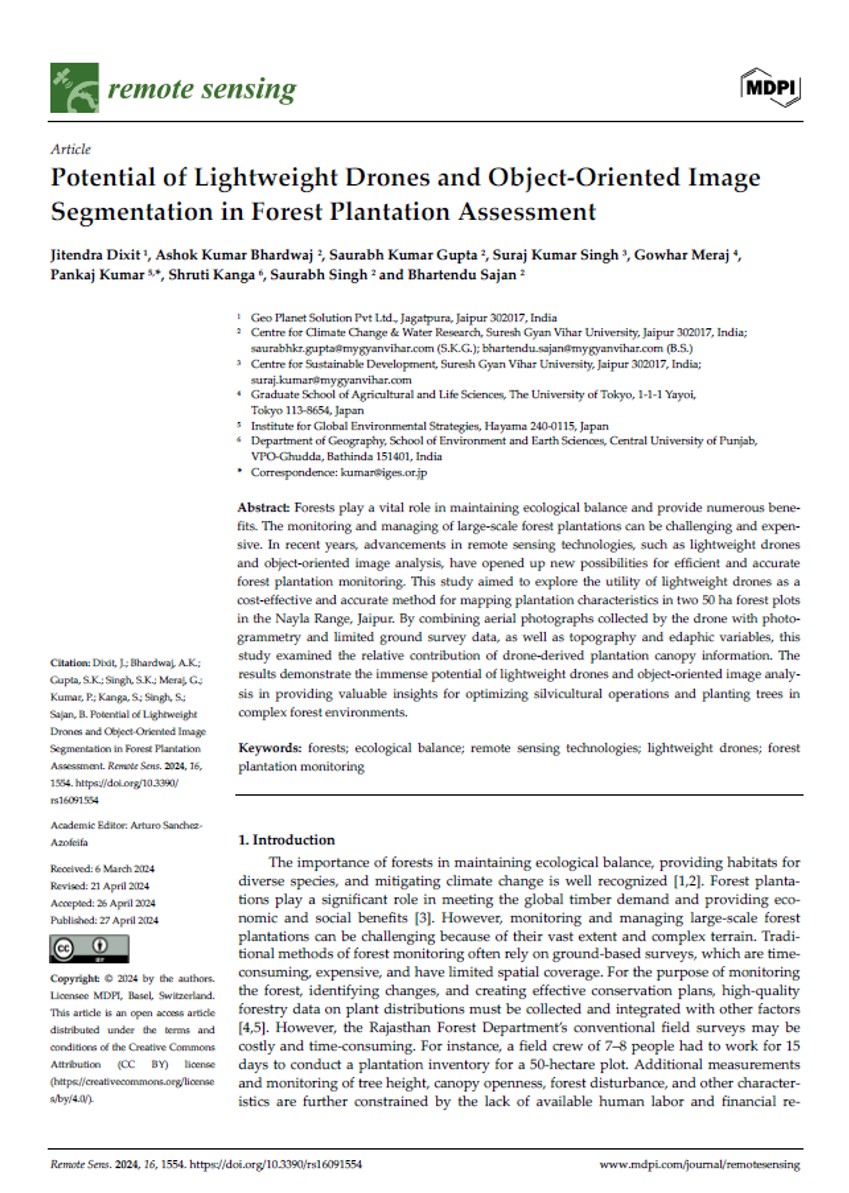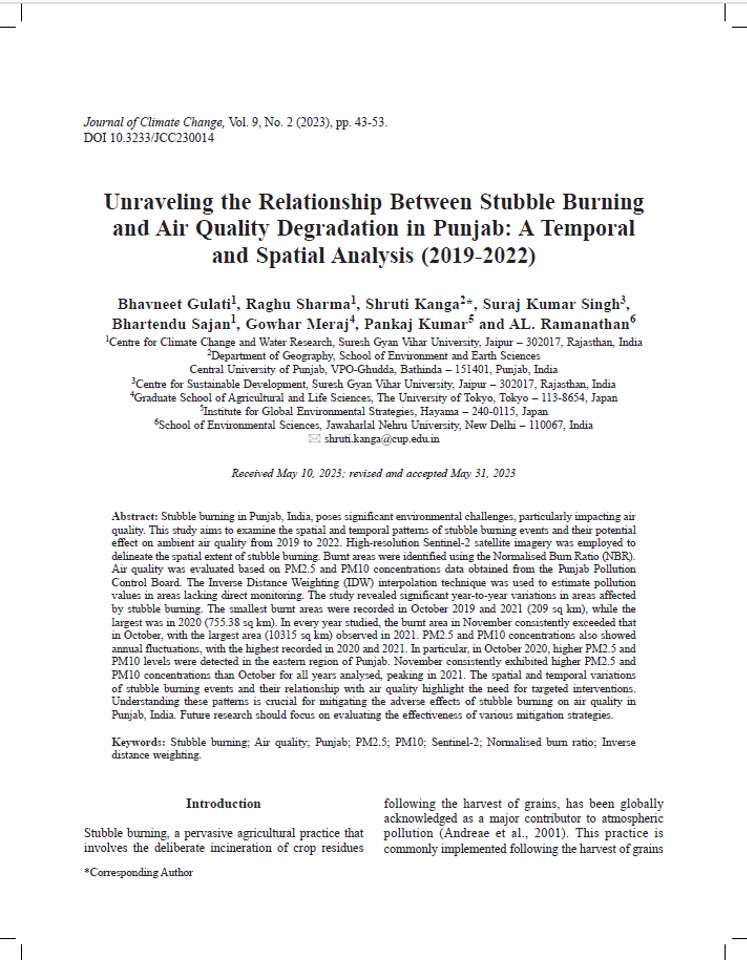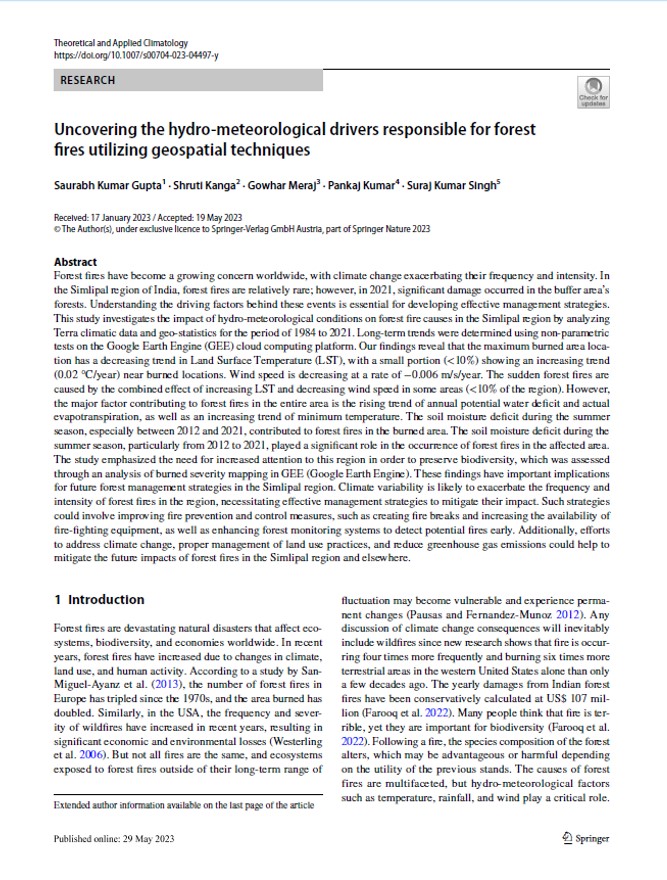In Remote Sensing
Forests play a vital role in maintaining ecological balance and provide numerous benefits. The monitoring and managing of large-scale forest plantations can be challenging and expensive. In recent years, advancements in remote sensing technologies, such as lightweight drones and object-oriented image analysis, have opened up new possibilities for...








